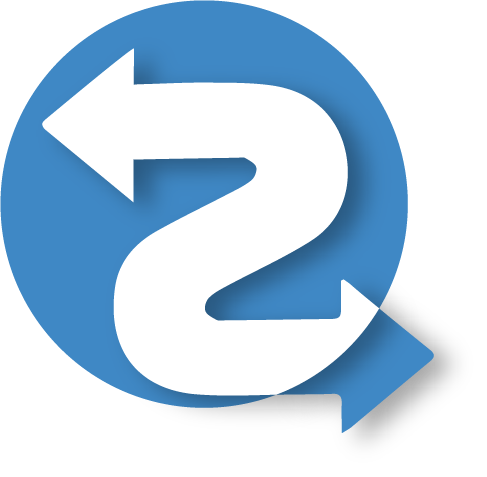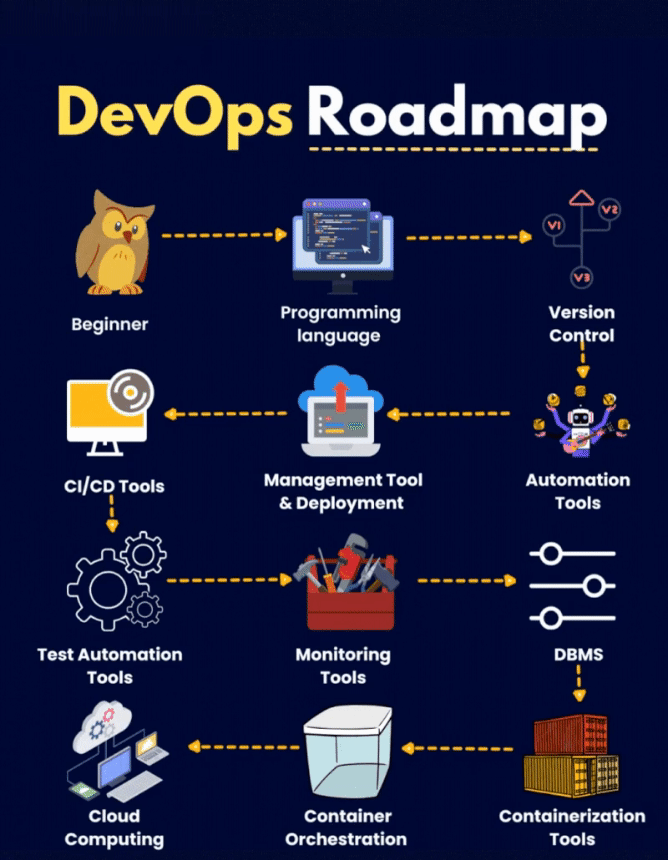The Beginner’s Roadmap to Java Programming
Embarking on your Java programming journey? Here’s a roadmap that can help guide you through the fundamental tools, APIs, frameworks, and more that every Java beginner should explore:
Tools:
1. IDEs (Integrated Development Environments)
Get comfortable with tools like IntelliJ IDEA, Eclipse, or Visual Studio Code to streamline your Java development.
2. Maven
Mastering Maven is crucial for effective project management, dependency handling, and build automation.
3. Docker
Learn how to containerize your Java applications for portability and easy deployment.
4. Jenkins
Dive into continuous integration and continuous delivery (CI/CD) with Jenkins to automate your development pipeline.
5. Ansible:
Explore Ansible for configuration management and automation of software deployment.
Java APIs
1. ArrayList:
Understand the basics of working with dynamic arrays to manage collections of data.
2. HashSet:
Learn about hash-based sets for efficiently storing unique elements.
3. Thread and Runnable
Get to grips with multithreading using Java’s Thread and Runnable interfaces.
4. Java.io
Explore I/O operations for reading and writing data in Java applications.
Frameworks:
1. Spring Framework
Delve into the world of Spring for building robust and scalable Java applications.
2. Hibernate
Discover ORM (Object-Relational Mapping) with Hibernate to interact with databases seamlessly.
3. Spring Boot
Master Spring Boot for creating stand-alone, production-ready applications with minimal configuration.
4. Quarkus
Explore Quarkus for building cloud-native, lightweight, and high-performance Java applications.
5. Micronaut
Get hands-on with Micronaut to build microservices and serverless applications with ease.
Testing
1. JUnit
Learn how to write and run unit tests to ensure your code’s reliability.
2. Mockito
Explore Mockito for creating mock objects in test-driven development (TDD) and unit testing.
Libraries & Databases
1. Apache Commons
Utilize the Apache Commons library for a wide range of reusable Java components.
2. Google Guava
Discover the powerful Google Guava library for enhanced collections, caching, and more.
3. DBC (Java Database Connectivity)
Understand how to interact with databases using JDBC.
4. JOOQ (Java Object-Oriented Querying)
Learn JOOQ to generate type-safe SQL queries in Java.
This comprehensive roadmap covers the essential tools, APIs, frameworks, and testing methodologies every Java beginner should familiarize themselves with. Whether you’re aspiring to build robust applications or dive into the world of Java development, this roadmap sets you on the right path for success. Happy coding!
Keep visiting QuickShare and write to us in the comments below.

